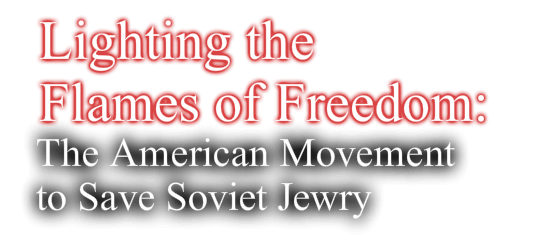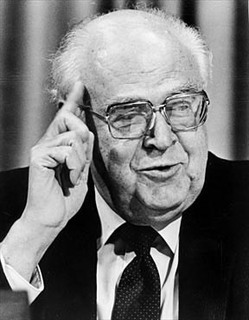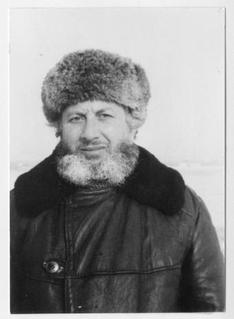The Refusenik
Unwanted in Russia, confronted with "spiritual assimilation," and called by a homeland abroad, Soviet Jews slowly began to take the plunge and become refuseniks - Jewish applicants refused exit visas. Applying was a transformative experience that often meant undergoing a personal awakening and setting oneself into a hostile relationship with Soviet society. Refuseniks were usually dismissed from their jobs as a result, and often became unemployed economic "parasites" - an illegal position in the Soviet Union.
Transcript of a telephone call from a home in Toronto to refusenik Lydia Korenfeld in Moscow, January 23, 1972. The M on the left-hand side stands for Moscow. Courtesy of the Western Reserve Historical Society.
|
"It was not much easier to emigrate than qualify for cosmonaut training.... In the closed society of the Soviet Union, the Kremlin was afraid of emigration in general (irrespective of nationality or religion) lest an escape hatch from the happy land of socialism seem to offer a degree of liberalization that might destabilize the domestic situation." - Anatoly Dobrynin in his autobiography In Confidence: America's Ambassor to America's Six Cold War Presidents
|
The most common reason for denying visas was that the applicants knew "state secrets", but excuses could be as evasive as "departure inexpedient" or nonsensical as "the reason itself is a state secret."
|
"In a story I once heard from [Volodia] Slepak... Volodia had been told by a KGB officer, 'We can't allow you to leave because you know state secrets.'
'What secrets?' Slepak had asked, 'Where I worked we were ten years behind the West.' 'Aha,' said the officer. 'That's the secret.' 'But that secret is know by every schoolboy,' Slepak had protested. 'But you know it better,' he was told." - Natan Sharansky in Fear No Evil |
Alexander (Sasha) Luntz discusses why he was not originally given an exit visa
|





